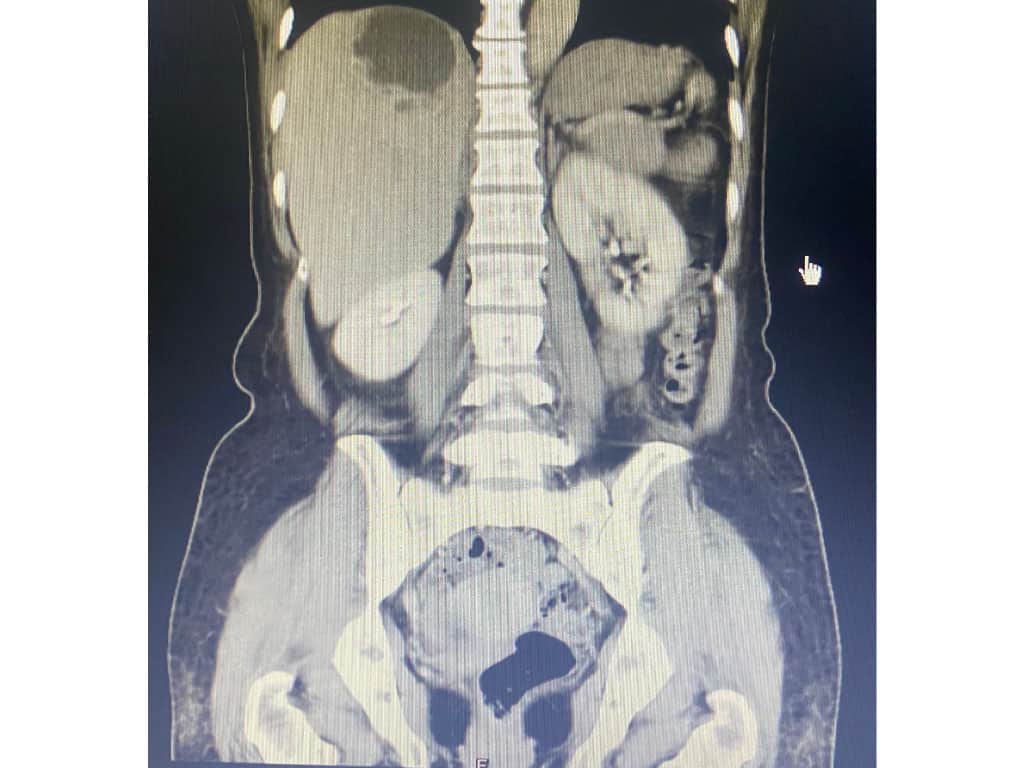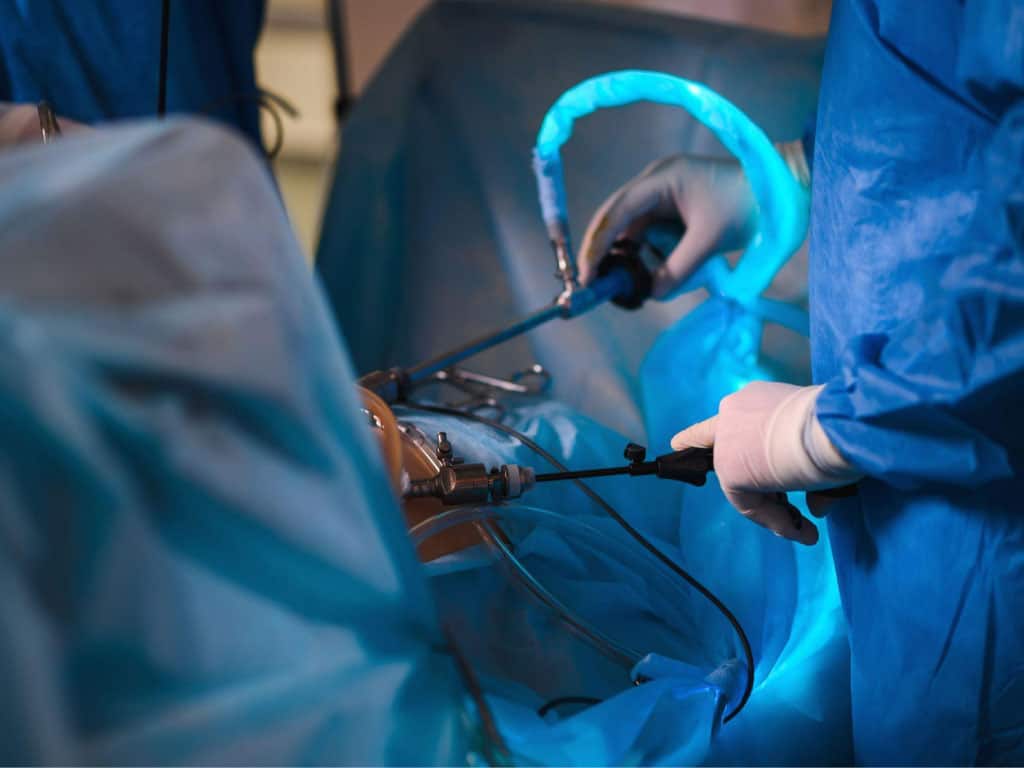What are Liver Cysts?
Liver cysts are abnormal fluid-filled or partially solid cavities that appear on your liver. Most cysts are benign (also known as simple liver cysts) and do not require treatment. However, some may cause discomfort or pain, or even be cancerous. 5-10% of people in the world have liver cysts.
Although liver cysts are mostly harmless, it is still important to ensure that the cystic lesion is not parasitic or malignant.
Dr Benjamin Yip reminds us: “Most liver cysts are benign. However, if your liver cyst contains solid components within like strands or nodules, you may need a follow-up. Discuss this with your Gastroenterologist if you are unsure.”
What causes Liver Cysts?
There is no definitive cause for liver cysts. Most are congenital, or present at birth. Other times they arise because a small area of liver cells die or degenerate, often as a result of ageing or a poor diet and lifestyle.
Other possible causes are:
- Infection — Infection from an Echinococcus tapeworm may cause liver cysts. These parasites can be found in the faeces of farm animals such as dogs and sheep.
- Polycystic Liver Disease (PLD) — This is a rare genetic condition that causes multiple liver cysts throughout a person’s life.
- A complication of liver cancer
What are the symptoms of Liver Cysts?
Generally, liver cysts cause no symptoms. However, if a cyst starts bleeding, symptoms may present as:
- Feelings of fullness
- Abdominal pain in the upper right quadrant
- Nausea and vomiting
- Pain in the shoulder
If the cyst becomes large enough, one may feel the cyst through their abdomen.
When to visit a doctor
If you experience severe abdominal pain or an uncomfortable feeling of fullness, accompanied by other symptoms that may indicate a cyst, please visit a doctor.
Who is more likely to have Liver Cysts?
Liver cysts usually happen sporadically. Women are more likely to have liver cysts than men. It is also a more common occurrence as people age.
How are Liver Cysts diagnosed?

As liver cysts generally do not present with symptoms, they are usually only detected by chance when one undergoes an imaging test for something else. Liver cysts can be detected via imaging tests such as MRI, ultrasounds or CT scans.
Additionally, a blood test could also be done to test for an Echinococcus infection. A biopsy could also be done to ascertain whether a cyst is cancerous.
Are a cyst and tumour the same thing?
A cyst and a tumour are different. A cyst is generally a fluid-filled sac, while a tumour is a solid mass of tissue. Usually, it is possible to determine this difference using imaging scans.
How are Liver Cysts treated?

Generally, liver cysts do not need to be treated, especially when asymptomatic. However, you may require treatment if the cysts become large and cause discomfort and pain. Treatment involves draining the cysts or surgical removal.
- Draining — A fine needle can be inserted through the abdomen to drain fluid from the cysts.
- Surgical removal — Liver cysts can be laparoscopically removed using 2-3 small incisions in the abdomen.
- Anti-parasitic agents — These could be administered to treat an Echinococcus infection.
Although rare, 5% of liver cysts can develop into cancerous cystic tumours. These may require surgical removal.
When should a liver cyst be treated?
Most liver cysts do not need treatment. However, if the cyst is deemed malignant, causes pain and discomfort, or stops bile from reaching your intestine, treatment may be required.
Does having Liver Cysts affect my diet?
It does not affect your diet. However, it would be good to eat foods good for your liver health. People with polycystic liver disease (PLD) are advised to avoid processed foods, alcohol and raw or uncooked shellfish.
Summary
Liver cysts are usually not a cause for concern. However, if you do experience the aforementioned symptoms, please consult your gastroenterologist for a proper diagnosis and a personalised treatment plan.
References
- “Benign liver tumours and cystic diseases of the liver.” British Liver Trust, https://britishlivertrust.org.uk/information-and-support/living-with-a-liver-condition/liver-conditions/benign-liver-tumours-and-cystic-disease/. Accessed 14 October 2022.
- “Liver Cysts.” Liver Doctor, https://www.liverdoctor.com/liver-cysts/. Accessed 14 October 2022.
- “Liver cysts: A cause of stomach pain?” Mayo Clinic, https://www.mayoclinic.org/diseases-conditions/liver-problems/expert-answers/liver-cysts/faq-20058440. Accessed 14 October 2022.
- Ranchod, Yamini, et al. “Cyst vs Tumor: Differences, Cancer, Diagnosis, and Treatment.” Healthline, https://www.healthline.com/health/cyst-vs-tumor. Accessed 14 October 2022.
- Sethi, Saurabh. “Liver cyst: Causes, symptoms, and treatments.” Medical News Today, 12 February 2019, https://www.medicalnewstoday.com/articles/324420. Accessed 14 October 2022.

